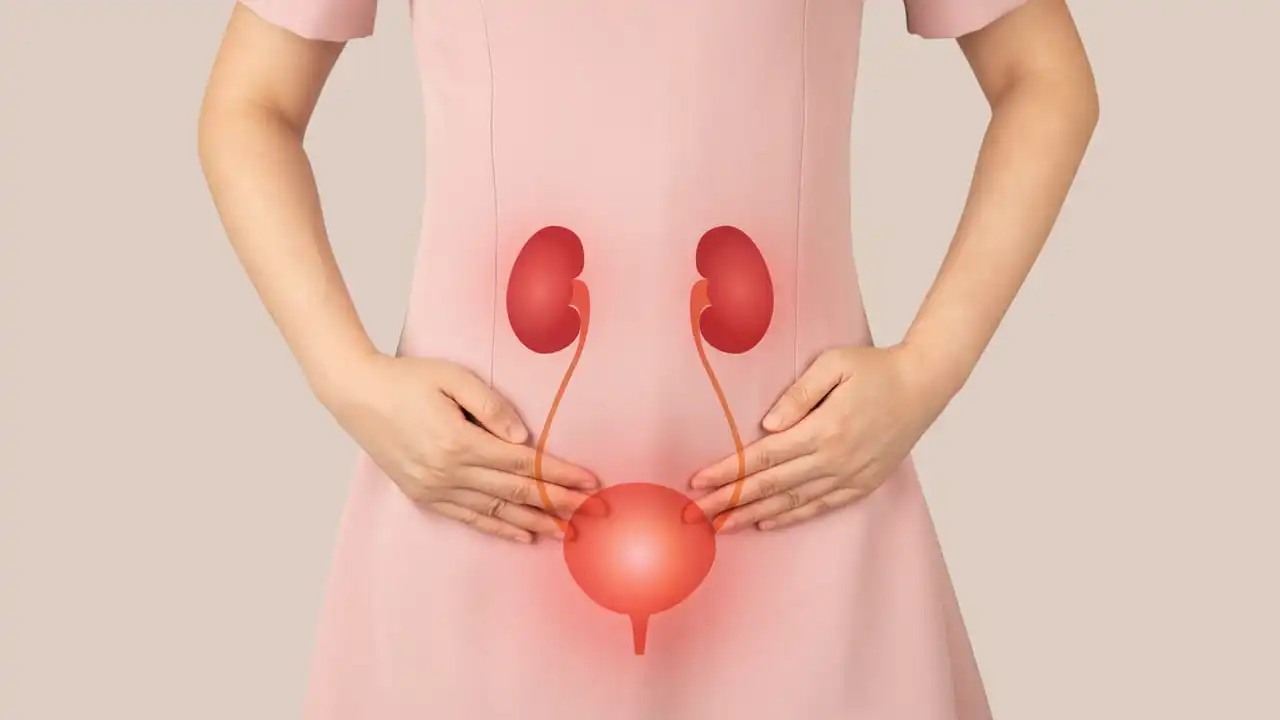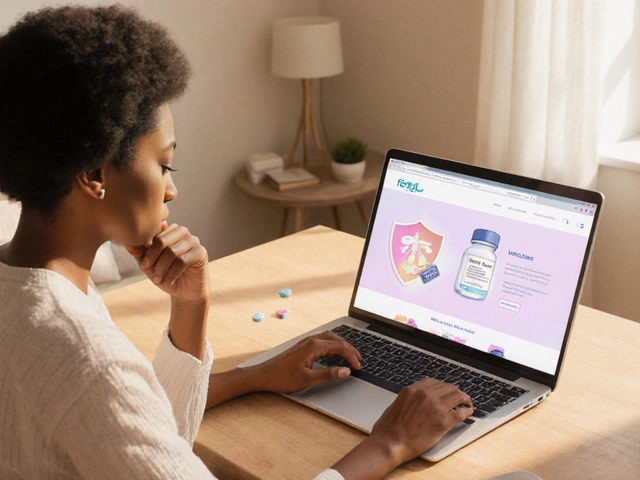Bladder infections (UTIs): what to watch for and what to do
Bladder infections, also called cystitis or lower urinary tract infections (UTIs), are common and usually treatable. You’ll often notice a burning when you pee, more trips to the bathroom, or a sudden urge that won’t quit. Some people get low belly pain, cloudy or strong-smelling urine, or mild fever. Knowing the signs and acting fast cuts the chance it moves up to your kidneys.
Quick symptoms and when to see a doctor
If you have burning, frequent urination, or cloudy urine, start by contacting your primary care provider. For many adults, a short antibiotic course clears the infection in a few days. Seek urgent care if you have high fever, chills, sharp pain in your back or side, nausea, vomiting, or confusion—those can mean the infection reached your kidneys and need faster treatment.
Also call your doctor if symptoms come back after finishing antibiotics or if you get UTIs often (three or more in a year). Pregnant people, people with diabetes, or anyone with a catheter should get checked quickly—these situations sometimes need different tests or stronger treatment.
Treatment options and practical steps
Your clinician will usually confirm a UTI with a urine test. Common antibiotics for uncomplicated bladder infections include nitrofurantoin, trimethoprim-sulfamethoxazole (Bactrim), and fosfomycin. The exact drug and length of treatment depend on symptoms, allergies, local resistance patterns, and whether you’re pregnant. Finish the full course the doctor prescribes—even if you feel better after a day or two.
Over-the-counter pain relief like ibuprofen or acetaminophen can help with discomfort. A heating pad on the lower belly reduces cramps. Drink enough water to keep urine flowing; it helps flush bacteria out. Avoid strong bladder irritants—alcohol, caffeine, and spicy foods—until you’re better.
To lower your UTI risk: pee after sex, wipe front to back, stay well hydrated, and avoid long-term use of spermicides if you can. Some people find daily cranberry products or D-mannose help reduce recurrences, but talk with your doctor before starting supplements—evidence varies and products differ in quality.
If you get frequent UTIs, your doctor may order imaging or refer you to a urologist to check for anatomical issues, stones, or other causes. For complex or recurrent cases, low-dose preventive antibiotics or targeted post-sex dosing can be options.
Bladder infections are uncomfortable but manageable when treated early. If you’re unsure what’s happening, a quick call to your healthcare provider will usually clear things up and get you on the road to feeling normal again.

Bladder infections and urinary retention: What you need to know
Hey, folks. I thought it's high time we had a chat about something real important - bladder infections and urinary retention. These health nuisances can crop up when you least expect it, affecting your daily life. In this article, I'll be unraveling what exactly these conditions are, their causes, and most importantly, how you can prevent them. Stick around for insider tips on maintaining optimal urinary health. Because trust me, understanding is the first step to prevention.
Read More




